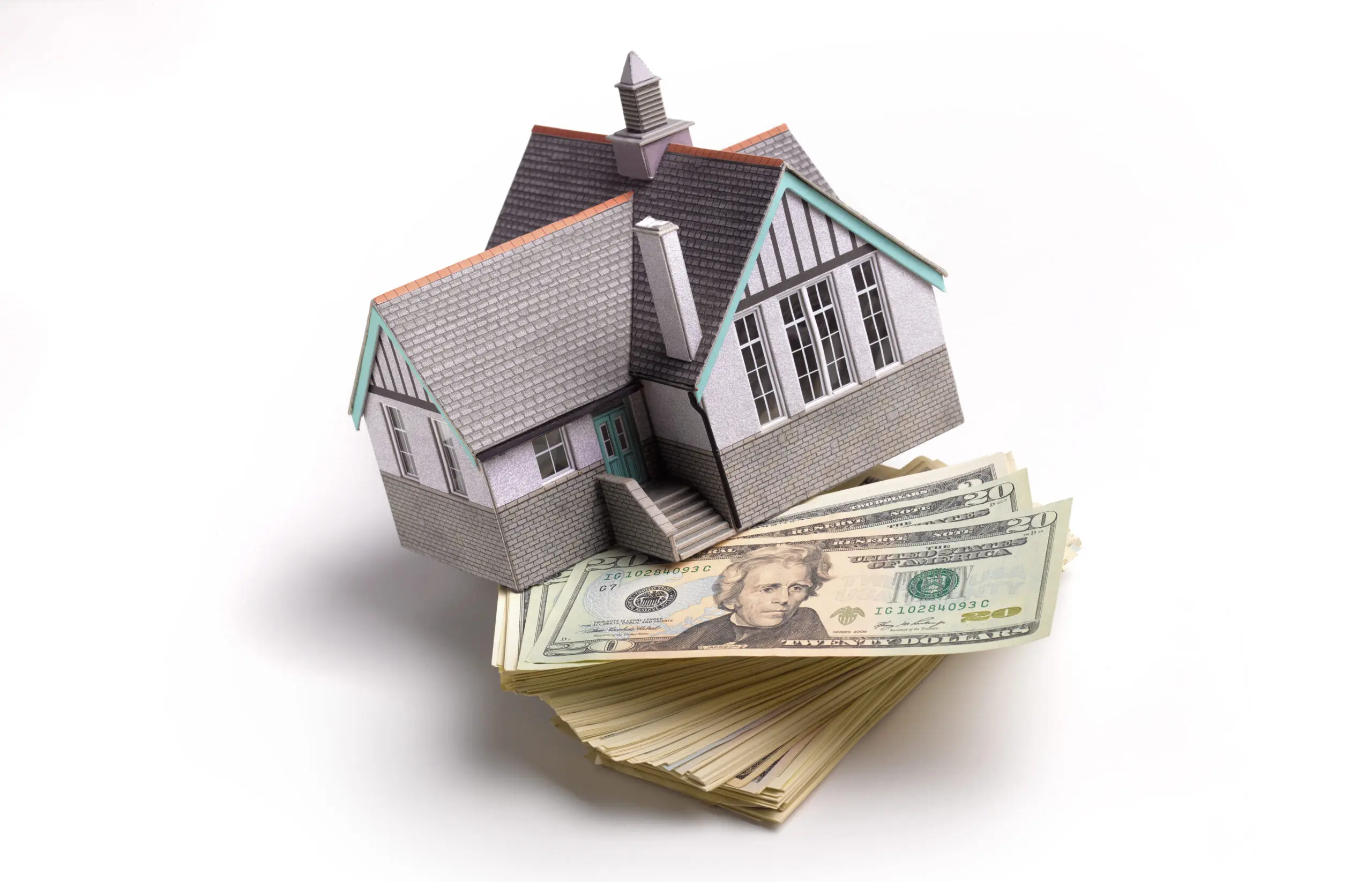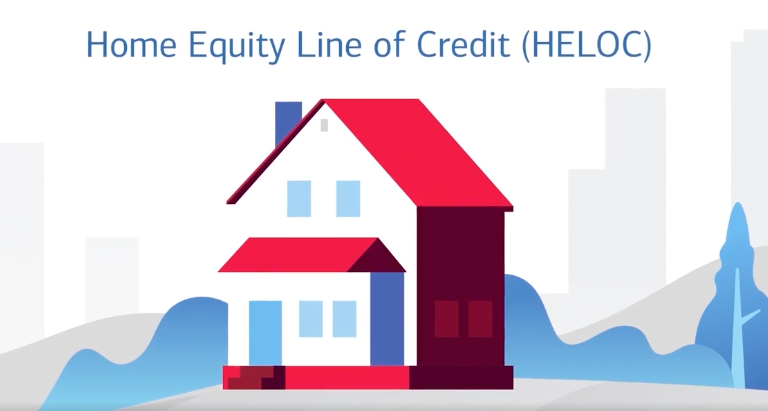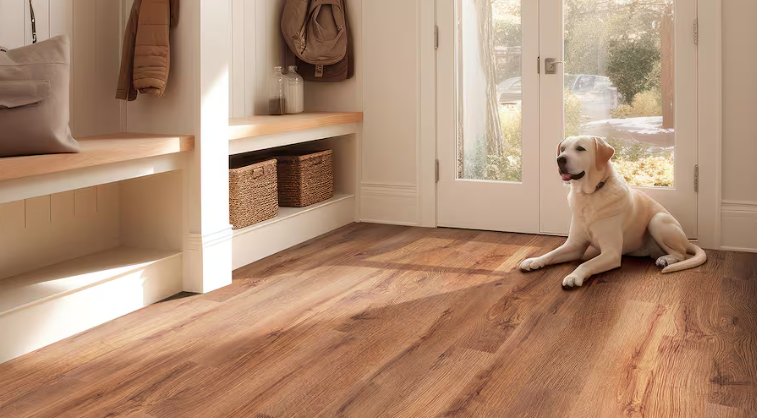Home improvement projects can greatly enhance the functionality, value, and comfort of your home. Whether you’re upgrading your kitchen, remodeling your bathroom, or adding a new room, financing can often be one of the biggest challenges homeowners face. Thankfully, there are a variety of home improvement loans available to help you achieve your renovation dreams. In this article, we’ll explore the best home improvement loans in 2025, compare their features, and guide you on how to choose the right loan for your needs.
Elevate Your Home: Explore the Best Home Improvement Loans

Why Consider Home Improvement Loans?
Home improvement loans are designed to provide homeowners with the necessary funding to complete projects that will enhance the property. These loans offer several benefits, such as:
- Increased Home Value: Many home improvement projects, like kitchen upgrades or adding a bathroom, can significantly increase your property’s value, helping you build equity.
- Affordable Financing: Rather than draining your savings or using high-interest credit cards, home improvement loans often come with more affordable terms.
- Personalization: Whether you’re looking to modernize your space or make necessary repairs, a loan can give you the funds to achieve your specific vision without cutting corners.
By obtaining the best home improvement loans, homeowners can make their home more enjoyable and raise its market value, all while managing costs through manageable monthly payments.
Types of Home Improvement Loans
Before diving into which loans are the best, it's essential to understand the types of home improvement loans available. Here are the most common options:
1. Personal Loans
A personal loan is one of the most flexible ways to finance home improvements. With a fixed interest rate and term, a personal loan gives you the freedom to use the funds however you wish, whether for a specific project or a series of upgrades. Many lenders offer personal loans with relatively fast approval processes and no collateral requirements.
- Pros: Fast access to funds, no collateral required, flexible use of funds.
- Cons: Higher interest rates compared to home equity loans, shorter repayment terms.
2. Home Equity Loans
Home equity loans are often referred to as “second mortgages” because they are secured by the equity in your home. These loans offer large amounts of money and relatively low interest rates because your home is used as collateral. This makes home equity loans an excellent option for large-scale renovations or projects that require significant investment.
- Pros: Lower interest rates, large loan amounts, tax-deductible interest.
- Cons: Risk of foreclosure if you default on the loan, requires equity in your home.
3. Home Equity Lines of Credit (HELOCs)
A Home Equity Line of Credit (HELOC) is similar to a home equity loan but with more flexibility. With a HELOC, you can borrow funds as needed, similar to using a credit card, and only pay interest on the amount you borrow. This is ideal for ongoing home improvement projects that require multiple phases of funding.
- Pros: Flexible borrowing and repayment, only pay interest on the borrowed amount.
- Cons: Variable interest rates, can lead to overspending if not managed carefully.
4. FHA 203(k) Loans
FHA 203(k) loans are government-backed loans specifically designed for homebuyers and homeowners who want to finance repairs and improvements on a property. These loans are ideal for purchasing a fixer-upper or refinancing an existing home to make improvements.
- Pros: Low down payments, good for major repairs and improvements, can combine purchase and renovation costs.
- Cons: More paperwork, limited to certain types of renovations, must meet FHA requirements.
5. Cash-Out Refinancing
Cash-out refinancing allows you to refinance your existing mortgage for a higher amount than you owe, with the difference given to you in cash. This option is best for homeowners who have built significant equity in their homes and are looking to fund major renovations or improvements.
- Pros: Low interest rates, large loan amounts, ability to consolidate debt.
- Cons: Requires substantial equity, extends your mortgage term.
How to Choose the Best Home Improvement Loans
When selecting the best home improvement loans, it’s important to consider the following factors:
- Loan Amount: Consider how much money you need for your home improvement project. If you require a significant amount, a home equity loan or cash-out refinancing may be the best option.
- Interest Rates: Interest rates vary depending on the type of loan and the lender. Shop around for the most competitive rates.
- Repayment Terms: Evaluate the length of time over which you will be required to repay the loan. Shorter terms may have higher monthly payments but lower overall interest costs.
- Loan Fees: Watch for application fees, origination fees, and other charges that could increase the overall cost of the loan.
- Eligibility Requirements: Some loans, like FHA 203(k), have specific eligibility requirements. Make sure you meet these criteria before applying.
Comparison Chart: Top Home Improvement Loan Options
| Loan Type | Loan Amount | Interest Rates | Repayment Term | Pros | Cons |
|---|---|---|---|---|---|
| Personal Loans | $1,000 - $50,000 | 6% - 36% | 1 - 7 years | Fast approval, no collateral, flexible usage | Higher rates, shorter repayment term |
| Home Equity Loans | $20,000 - $100,000+ | 3% - 7% | 5 - 30 years | Low interest, large loan amounts, tax benefits | Risk of foreclosure, requires home equity |
| HELOCs | $10,000 - $500,000 | 4% - 10% | 10 - 30 years | Flexible, only pay interest on borrowed amount | Variable rates, risk of overspending |
| FHA 203(k) Loans | $5,000 - $35,000+ | 3.5% - 6% | 15 - 30 years | Low down payment, for fixer-uppers, combines purchase and renovation | More paperwork, limited to certain projects |
| Cash-Out Refinancing | $50,000 - $500,000+ | 3% - 6% | 15 - 30 years | Low rates, large loans, consolidate debt | Requires substantial equity, extends mortgage term |
Conclusion
Home improvement projects are a great way to increase your home’s value and enhance your living experience. The best home improvement loans are those that match your specific needs, financial situation, and the scope of the project. Whether you opt for a personal loan, home equity loan, or cash-out refinancing, be sure to compare your options carefully to find the best terms. By securing the right loan, you’ll be able to make the improvements you’ve always dreamed of while managing your finances effectively.
Take the first step towards elevating your home by exploring the best home improvement loans available in 2025, and transform your space into the home you've always envisioned.
Explore

Best Home Improvement Contractors Near Me 2025

Boat Loans: Explore the Best Boat Financing Options in 2025

Explore the Best Home Equity Loan Lenders of 2025

Explore the Best Home Equity Line of Credit (HELOC) Lenders of 2025

Elevate Your Support: Finding the Best Help Desk Software Solutions

Elevate Your Career: Pursue the Top Online Healthcare Administration Degree

Elevate Your Space with the Top Flooring Companies in the USA

Elevate Your Grant Management with The Best Software Solutions
